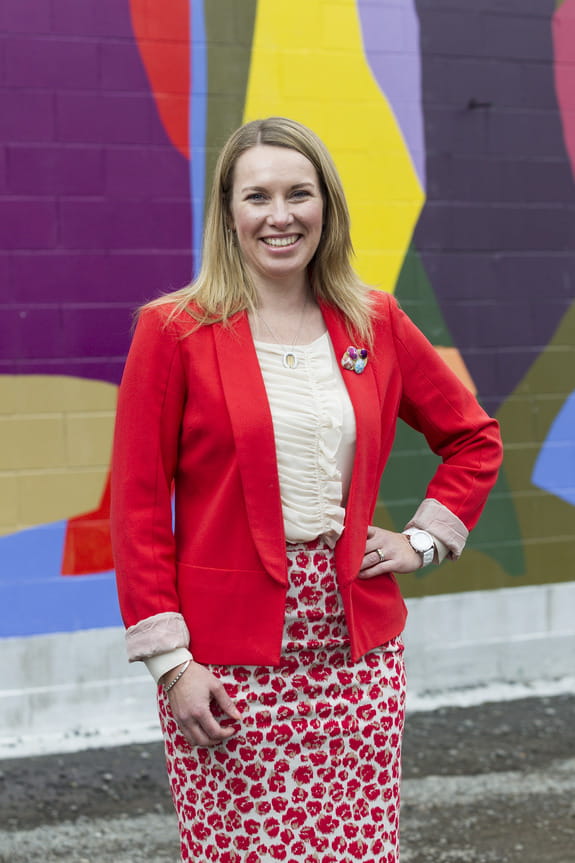12 Mar 2014

 In January I set out on my first trip to Latin America. The destination was Santiago, de Chile for the 6th World Summit on Arts & Culture co-hosted by IFACCA (International Federation of Arts Councils and Culture Agencies) and the National Council for Culture and the Arts of Chile.
In January I set out on my first trip to Latin America. The destination was Santiago, de Chile for the 6th World Summit on Arts & Culture co-hosted by IFACCA (International Federation of Arts Councils and Culture Agencies) and the National Council for Culture and the Arts of Chile.
Four hundred people from around the globe gathered over four days to share cultural policy and strategy, models, issues, political agendas and programmes. Speakers were asked to respond to the big questions: What is it that defines us? Is it our cultural identity? What is the role of government in the construction of this identity? What are our historical references? Are they relevant?
Distance brings perspective to recovery
My talk, as part of a panel discussion on Creative Spaces for Experimentation, focused on SCAPE Public Art’s strategy following Christchurch’s devastating 2011 earthquakes. Using case studies from SCAPE 7, I explored the different ways artists activated empty spaces (amongst a canvas of city demolition); Christchurch’s new creative-led urban regeneration; and how Christchurch arts audiences have responded to this changing situation.
Being a significant geographical distance from home and amongst a global collegial arts environment, I became aware of the enormity of our efforts to re-build our arts infrastructure in Christchurch. I became almost patriotic when asked how, with so much damage, can the arts still be receiving funding to operate?
A complete cultural programme wrapped around the summit to include gallery visits, newly commissioned contemporary dance pieces and theatre performances. Chile has a rapidly developing visual arts market with many new chic galleries including Patricia Ready and Isabel Aninat gathering in the Barrio Alonso De Cordova area to develop a smaller version of New York’s Chelsea.
Chile’s cultural revival
Chile is in a period of cultural revival following its military dictatorship of 1973-90. The Museum of Memory and Human Rights, dedicated to the victims of human rights violations during Pinochet’s regime, is a very real reminder of the past. But there are signs that Chile is developing a democratic model of arts and culture with the beginnings of a government-led indigenous cultural repatriation strategy.
One of the highlights of my visit was an open-air dance performance Concrete and Bone Sessions at the local skate park by Australian dance troupe Branch Nebula. We sat amongst local kids, families and dogs and waited while the park vacated of skaters of all ages, shapes and sizes. The performance was breath-taking, airy, accomplished and sublime. The skill and agility of the dancers/skaters impressed its ‘captive audience’ (the users of the park) with the high level of ‘skate culture’; while it also provided a level of suspense and intrigue anticipated by an arts aware audience. For me this was a highly successful and engaging public work of art responding to local culture.
Deborah McCormick has managed seven successful SCAPE Biennials as well as the development of works of public art and exhibitions by a wide range of leading New Zealand and international artists.
CATEGORIES: Community arts, Events Latest news and blog

